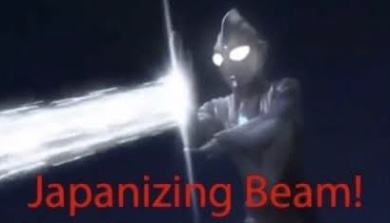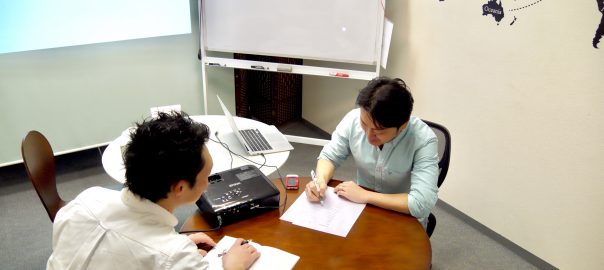Good day!
The government has lifted the state of emergency for some regions here in Japan.
Slowly, that will be the case for Tokyo and other major areas, we should still observe proper ways to protect ourselves from the virus.
ー初めにー
Today’s 3-Hint Quiz:
If your answer was “none”, then you got it right!
Why?
Let’s go back to the riddle. In the beginning, it says that it’s a one-story house, which means that it doesn’t have stairs. I hope that’s clear for everyone!
For this week, let’s try something new!
Let me introduce a 3-hint quiz!
This will be very simple! I’ll give you three hints and you have to try and guess what I’m describing.
Hint 1: I am a nocturnal animal.
Hint 2: My diet mainly consists of eucalyptus leaves.
Hint 3: I am from Australia.
I’ll reveal the answer next week!
ー続いてー
Today’s Album:
Now, we are moving on from the basics, and we’ll try to expand on what you can talk about. Something to help add to your conversations would be common interests!
This time, let’s try to talk about new albums and music!
Do you remember this song and music video from years ago?
She’s Carly Rae Jepsen who’s from Canada and started to get popular from her hit song, “Call Me Maybe”. She released a new album just days ago named, “Dedicated Side B”.
It’s filled with love songs and how you want to spend as much time as you could with the one you like/love.
The said album is available on most streaming services, such as Spotify, Apple Music, Amazon Music, etc. You can also stream it on Youtube:
https://www.youtube.com/user/CarlyRaeMusic/videos
Stay tuned for next week’s recommendation!
ー最後にー
Today’s Column:
Something a lot of people have been doing during quarantine is to try and make pastries and sweets at home. I mean, I’ve tried it myself and I have to say, it’s both satisfying and therapeutic! Here’s something I’ve come across that’s beginner-friendly! Only two ingredients! Just remember to snack on these in moderation!
Remember to take care of yourself!
Ryo








